On the banks of Owens River, my younger son, Matthew, then 23, and I were trying to cure our nature-deficit disorder. That day, we staggered across the clumped grass and mud along the Owens and struggled to keep our balance as 40 mph gusts tangled our fly lines. We froze and sweated in the sleet as the snow line crept lower on the Sierra. Fishing was terrible, we were miserably cold, and perfectly happy.
As we fished, I thought about an earlier time for us on this river.

When the Twin Towers fell, Matthew was 13. That afternoon, I bundled him into the VW van and took him to this very place.
His brother was off at college by then, otherwise I would have done the same with him. We fled from the great pain that would lead to greater pain, and drove the six hours from San Diego to the Owens, and parked next to the current that washed out all the sound and all the fury. That night, inside the van, we flipped down the table and ate granola bars and drank hot chocolate and watched the window screens grow opaque with a late hatch of insects.
And all the next day and the day after that, we cut the electrical cord to the outside world, and found a sense of equilibrium.
Sven Lindblad, who heads Lindblad Expeditions, which works in partnership with National Geographic, once told me that, even as other cruise ship companies took a dive following 9/11, his ships, which focus exclusively on the wonders of nature – of the Galapagos, the Antarctic, and other points of interest – filled up with clients. In days following the trauma, families with children were especially drawn to the natural world, and he credits them with saving his business.
Not everyone has the ability to seek out nature in difficult times. One must acknowledge that inequity, and another reality: The people who lost their homes to Hurricane Sandy or the people of the drowned parishes of New Orleans or the irradiated mud fields of post-tsunami Japan found no solace in the natural world.
Still, in dark times, one human impulse is to find kinship with other species and connection to elements beyond the headlines, where we feel larger forces at work, and know that all things must pass.
At the saturation point, the rush of water on a stream or a sudden storm on a high trail or a discovered quiet corner of an urban park is preferable to the inundation of media coverage that, hour after hour repeats itself, until our response to the pain on the screen seems to move beyond empathetic to gratuitous. How much of modern life is spent adrift in vicarious experience, second-hand reality, the pain of endless war brought to you by liquid cleansers?
We do need to know about world events and tragedies manmade and natural, and there is no ignorance quite so unattractive as prideful ignorance.
But we also need respite from the kind of media static that so often seems drained of reality. In a virtual world where information overload is more accurately described as information underload, a little raw authenticity and gratitude can be a welcome relief.
So perhaps we can be excused for escaping the bad news for a few hours or days, as we lean into the wind slashing across the river, or see a trout rise, or watch a Harrier hawk glide close along a field, and on the long walk home step over the perfectly white bones of a cow that has not survived the winter, though we have, and not only survived but thrived.

Richard Louv is chairman emeritus of the Children & Nature Network and author of “The Nature Principle: Reconnecting With Life in a Virtual Age” and “Last Child in the Woods: Saving Our Children from Nature-Deficit Disorder.
Follow Richard Louv on Facebook and @RichLouv on Twitter, find his blog at http://richardlouv.com/ and http://www.childrenandnature.org/
